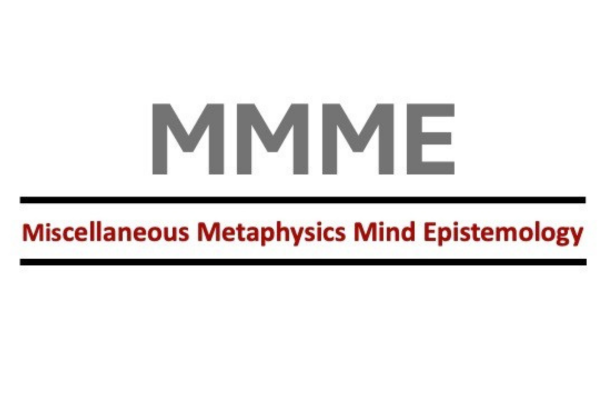
Program*
10-11a: Pre-Workshop Coffee and Light Breakfast in the Gluck Library (University Hall 314)
11a-12:30p: “A Clear Problem for Fallible Intuition?” – Nathan Dowell
12:30-2p: Lunch Break
2-3:30p: “Articulate Intuition” – Elijah Chudnoff
3:30-4p: Coffee and Snacks Break
4-5:30p: “Aesthetic Intuition” – John Bengson
5:30-6:30p: Post-Workshop Reception in the Gluck Library (University Hall 314)
6:30-8p: Off-campus Dinner with Speakers, and Interested OSU Faculty and Students
Nathan Dowell - The Ohio State University
“A Clear Problem for Fallible Intuition?”
Abstract: Most intuitionists today think it can be intuitively clear that p though p is necessarily false (i.e., one can have intuitive phenomenology, known as presentationality, with respect to necessary falsehoods). Like perception, intuitions only fallibly justify beliefs. I argue that since intuition concerns what’s necessarily true or false, intuitions cannot be both clear and fallible. The problem I explore for fallible intuition arises from the intuitionist belief that greater degrees of clarity are essentially more reliable. However, I also give ordinary language arguments that reinforce this problem for intuitionists. Namely, the word “clear” plausibly does express presentationality in ordinary language, and ordinary language supports that “clear” has a probabilistic structure in which degrees of clarity correspond to likelihood of truth, with maximal clarity entailing truth. I argue that even if necessary falsehoods are only clear to some small degree, we cannot make sense of higher degrees of clarity being essentially more reliable and maximal clarity entailing truth.
Elijah Chudnoff - The University of Miami
“Articulate Intuition”
Abstract: A common thought about intuition and inference is that they have contrasting epistemologies: intuition, like perception, purports to immediately justify belief, while inference is a way of basing a belief on supporting considerations. This alignment of intuition with perception in opposition to inference encourages the idea that intuitions cannot be fruitfully shaped by rational reflection, and this in turn fuels various skeptical challenges to reliance on intuition in both mathematics and philosophy. In this paper, we argue that some intuitions, which we call articulate intuitions, share key epistemic benefits associated
John Bengson - The University of Texas at Austin
“Aesthetic Intuition”
Abstract: Among our responses to beauty and other paradigmatic aesthetic qualities are intuitions. I discuss what these aesthetic intuitions are and why they matter. Of particular interest will be their significance for our understanding of the role of sensation and feeling in aesthetic response—or the possible absence thereof. Along the way I will engage, inter alia, the so-called Acquaintance Principle, Kant’s Problem (regarding the
This conference is sponsored by Miscellaneous Metaphysics Mind and Epistemology.
Reception to follow.
This event is free and open to the public.
